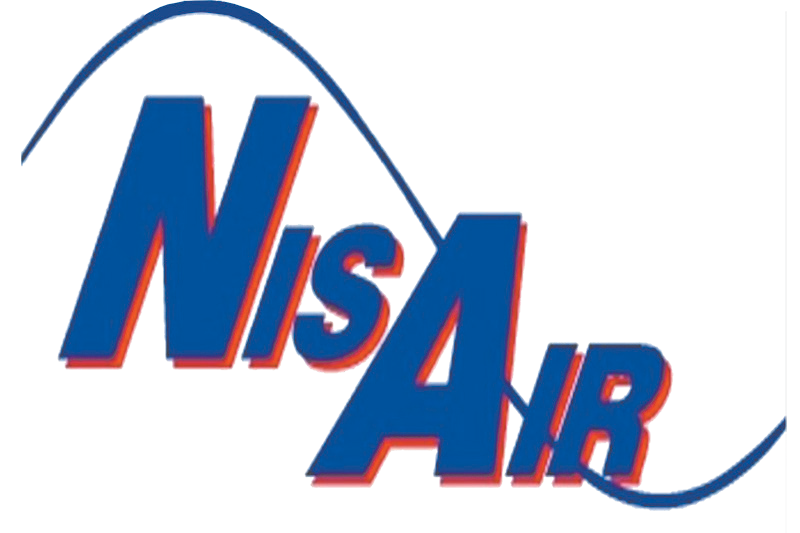Dehumidifier FAQs: Understanding the Basics
If you have a moisture problem in your South Florida home, investing in a dehumidifier can help. These appliances work by drawing in damp air, cooling it, running it over a condenser coil to pull out the moisture, and then blowing the drier air back into your living space. Learning some dehumidifier basics can help you get the most from your purchase.
What Are the Benefits of Using a Dehumidifier?
Excess moisture can stain your ceilings and walls, damage furnishings, and cause unpleasant, musty odors in your home. It also promotes the growth of mold and fungi, and creates the prefect breeding environment for insects and dust mites, which can adversely affect anyone with allergies or breathing difficulties. Reducing the amount of moisture can improve your indoor air quality, and protect your home and belongings.
What Are the Different Types of Dehumidifiers?
There two main types of dehumidifiers: portable and whole-home:
- Portable units can remove between 25 and 75 pints of water per day. They’ll usually have a collection bucket that must be emptied. Key features to look for include a programmable timer, a digital humidistat, a user-friendly control panel, a continuous drainage option, and an external or built-in condensate pump.
- Whole-home models are typically installed in a home’s HVAC ductwork. Using your square footage and the severity of your moisture problem as a guide, you can choose from units that remove between 75 and 135 pints of water per day. Most whole-home models offer integrated continuous-drain systems, and programmable digital controls that let you select the desired humidity level.
What Is the Best Way to Control Energy Consumption and Operating Costs?
Energy Star-rated dehumidifiers can save you 20 percent on energy use. Purchasing a model with adequate capacity to handle your moisture problem is important as well. Smaller, less expensive units that have to run continuously will end up costing you more to operate.
For expert advice about your home’s humidity problem, contact us at NisAir Air Conditioning and Heating. We’ve helped homeowners in Martin, Palm Beach, St. Lucie and Indian River counties with their HVAC needs since 1973.

